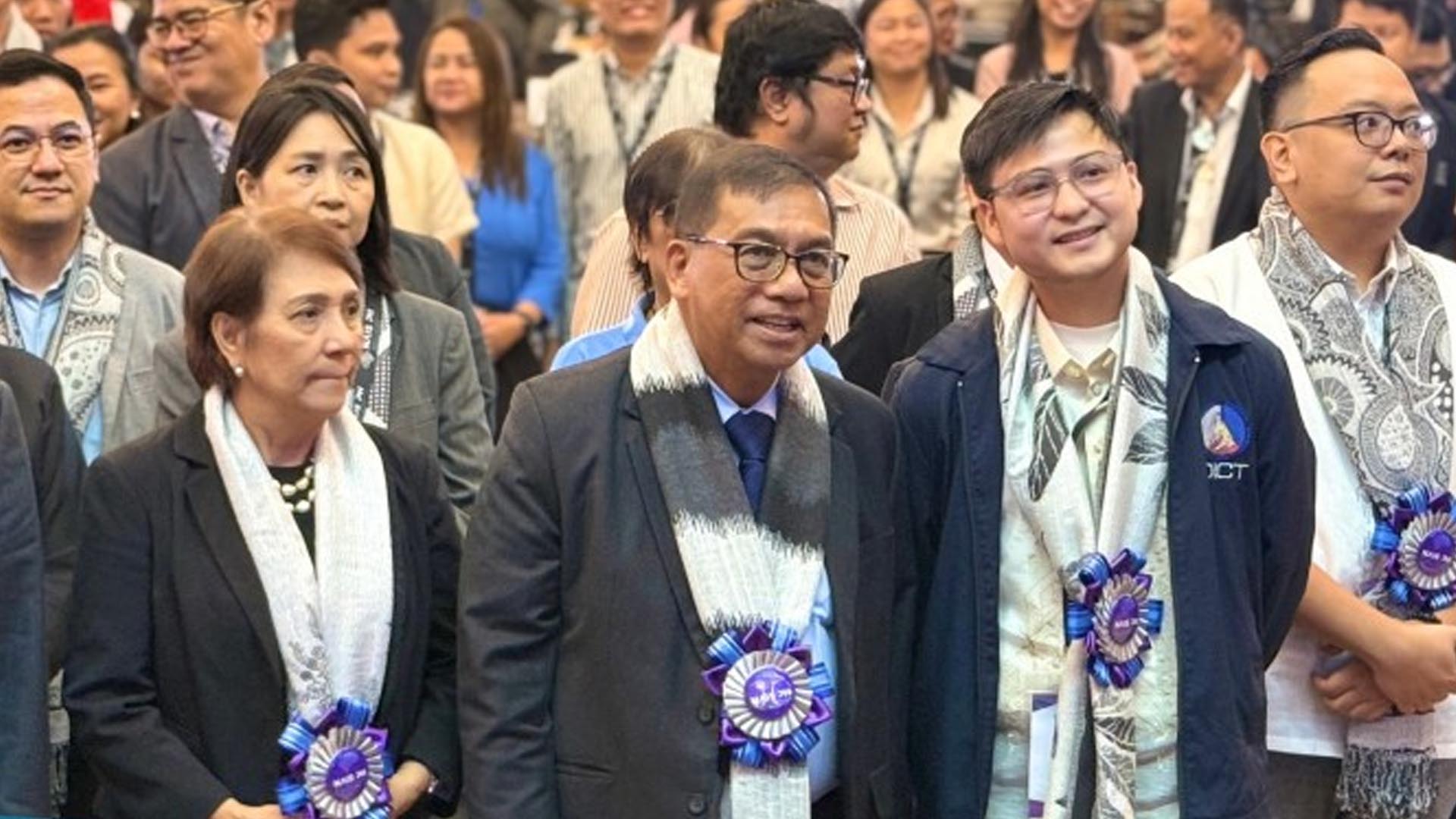The Department of Science and Technology (DOST) is aiming to establish an artificial intelligence (AI)-powered Philippines by 2028 as part of its National AI Strategy (NAIS PH) project.
During the National AI Stakeholders’ Conference in Manila on Oct. 13, DOST Secretary Renato Solidum Jr. said the NAIS PH project aims to build a “robust infrastructure, develop a future-ready workforce, uphold ethical governance, and strengthen research and innovation” using AI as a tool for inclusion.
“Through this, AI will become a true public good, improving lives, expanding opportunities, and enabling a sustainable tech-empowered future for every Filipino,” Solidum said.
To date, he said AI is already being used to enhance the country’s transport systems, modernize financial services, boost creative industries, improve energy and environmental monitoring, and strengthen national defense and public security.
“And most importantly, we have invested more than PHP2.3 million in 113 AI-related projects because we believe in the Filipino mind’s ability to create, not just consume technology,” he said.
The country’s AI framework was first laid in 2017 through a whole-of-nation endeavor between the DOST, Department of Trade and Industry (DTI), the Department of Education (DepEd), and several other government agencies and private partners.
“We have trained researchers for the DOST Summer School for AI, acquired high-performance computing infrastructure, and supported AI research and development projects through DOST – Philippine Council for Industry, Energy and Emerging Technology Research and Development (PCIEERD),” he said.
Both the DOST and the DTI have developed AI roadmaps to guide the country’s national direction on AI.
“We have also established the education center for AI research in DepEd, advancing AI education and awareness at the basic and higher levels,” he said.
To realize the country’s vision for an AI-powered Philippines, the DOST—through NAIS PH—identified five key strategies: infrastructure, workforce, innovation, data governance and policy, and deployment.
“Each strategy ensures coherence and accountability where every agency plays a defined and complementary role. This is what we mean by whole-of-nation collaboration. Each institution contributes its expertise, ensuring that AI becomes part of our national fabric—ethical, sustainable, and inclusive,” he said.
The Philippine AI Implementation Framework, he said, is a collaborative AI ecosystem that links public and private sectors, academia, startups, and international partners.
“We want to nurture AI refineries and factories where ideas are transformed into real-world applications, from health and education, smart agriculture, and climate resilience. And we will measure success, not just in algorithms or apps, but in outcomes, security, sustainability, sovereignty, and skills,” he said.
In terms of workforce, the DOST is looking to train 10,000 AI-capable workers to deploy AI-ready solutions.
“This workforce should be industry-ready to support AI integration in businesses. We also aim to increase higher education institution offerings on AI micro credentials and continuing education programs, utilize Coursera licenses, and open course platforms like Sparta for scalable, fast-track learning,” he said.
The National AI Stakeholders’ Conference was held at the Manila Hotel from Oct. 13 to 14.
The two-day conference assembled leaders from different sectors of the country to gather a collaborative AI ecosystem as part of the continuing implementation of NAIS PH. (PNA)









